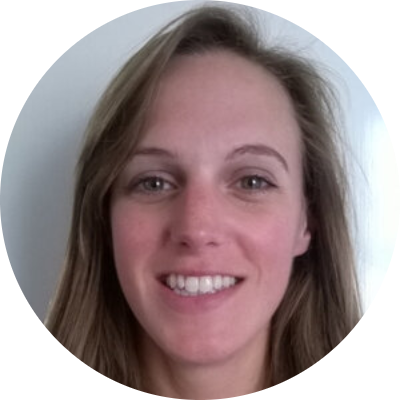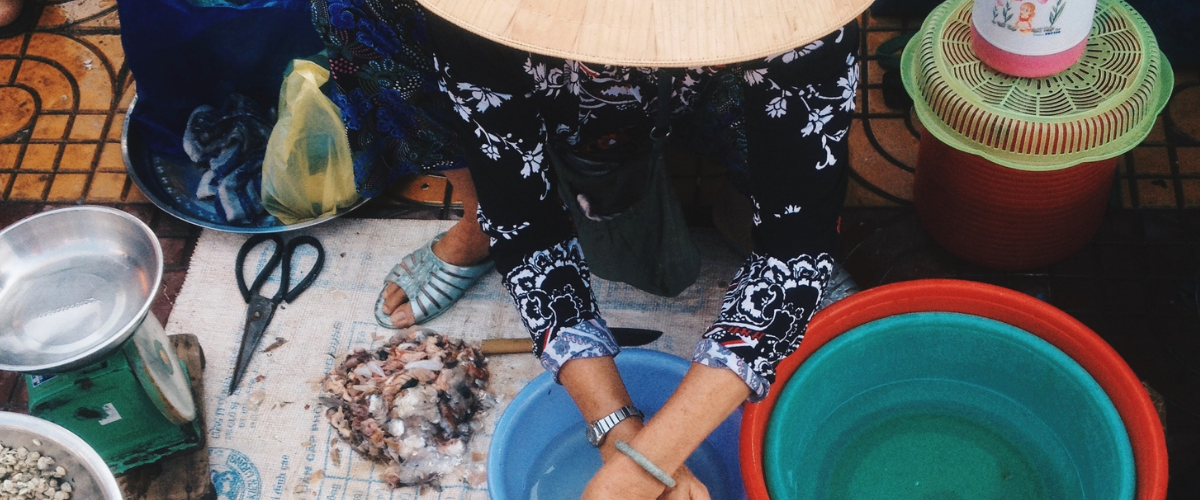This excerpt is from The Economist’s World Ocean Initiative, where Dr Rebecca Short says it’s time to turn the tide on gender awareness in blue food systems.
Despite global demand for aquatic foods being forecast to double by 2050, calls to end harmful subsidies that support the dominance of industrial fishing interests are increasing worldwide.
Amid a growing appetite for more sustainably sourced diets, the world’s small-scale fisheries and aquaculture sectors are set to take on even more important roles in the aquatic food systems of the future. Small-scale seafood production already provides livelihoods for more than 100m people, as well as sustenance for approximately 1bn people, particularly throughout the Global South.
The enormous diversity and importance of these smaller players remain overlooked. In particular, the status quo especially marginalises women, the backbone of small-scale fisheries and aquaculture.

The rights of women to access and profit from aquatic spaces, resources and trade need to be represented, included, and protected using culturally appropriate governance.
Rebecca Short, Stockholm Resilience Centre
Dr Rebecca Short from the Stockholm Resilience Centre, is a post-doctoral researcher on the Blue Food Assessment. She has a specific focus on understanding and promoting the role of small-scale actors in meeting nutritional and livelihoods needs in blue food systems.
